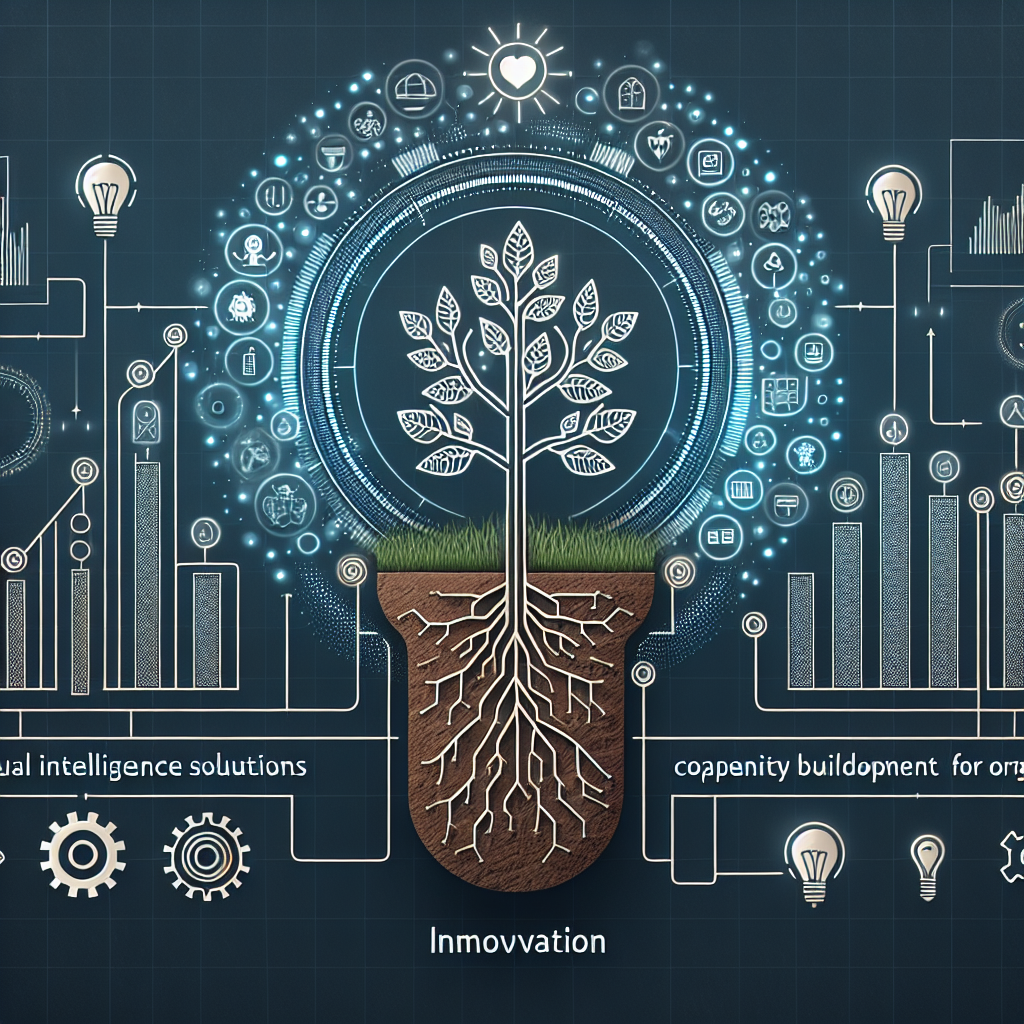Artificial intelligence (AI) has the power to revolutionize the nonprofit sector by providing innovative solutions for capacity building and organizational development. Nonprofit organizations often face challenges such as limited resources, inefficient processes, and difficulty in measuring impact. AI technology can help nonprofits overcome these obstacles and achieve their mission more effectively.
AI solutions can be used in various ways to enhance nonprofit capacity building and organizational development. Some of the key areas where AI can make a significant impact include fundraising, donor management, program evaluation, and volunteer engagement. By harnessing the power of AI, nonprofits can streamline their operations, improve decision-making, and maximize their impact on the communities they serve.
One of the main benefits of AI technology is its ability to analyze large amounts of data quickly and accurately. Nonprofits can use AI algorithms to identify patterns, trends, and insights from their data, which can help them make more informed decisions and improve their programs and services. For example, AI-powered analytics can help nonprofits better understand their donors’ behavior, preferences, and giving patterns, enabling them to tailor their fundraising campaigns more effectively.
AI can also help nonprofits improve their fundraising efforts by providing personalized recommendations and predictive analytics. By analyzing donor data, AI algorithms can identify potential donors who are most likely to support a given cause and suggest targeted fundraising strategies to engage them. This can help nonprofits increase their fundraising revenue and build stronger relationships with donors.
In addition to fundraising, AI technology can also be used to improve volunteer engagement and management. Nonprofits can use AI-powered platforms to match volunteers with appropriate opportunities based on their skills, interests, and availability. These platforms can also provide real-time feedback and support to volunteers, helping them feel more engaged and connected to the organization’s mission.
AI can also play a crucial role in program evaluation and impact measurement for nonprofits. By analyzing program data and outcomes, AI algorithms can help nonprofits track their progress, identify areas for improvement, and demonstrate their impact to stakeholders. This can be particularly important for nonprofits seeking to attract funding and support from donors, grantmakers, and other stakeholders.
Overall, AI solutions can help nonprofits enhance their capacity building and organizational development in a variety of ways. By harnessing the power of AI technology, nonprofits can improve their efficiency, effectiveness, and impact, ultimately helping them achieve their mission more effectively.
FAQs:
1. How can AI technology help nonprofits improve their fundraising efforts?
AI technology can help nonprofits improve their fundraising efforts by providing personalized recommendations, predictive analytics, and targeted fundraising strategies. By analyzing donor data, AI algorithms can identify potential donors who are most likely to support a given cause and suggest tailored fundraising campaigns to engage them.
2. How can AI technology be used to enhance volunteer engagement and management?
AI-powered platforms can help nonprofits match volunteers with appropriate opportunities based on their skills, interests, and availability. These platforms can also provide real-time feedback and support to volunteers, helping them feel more engaged and connected to the organization’s mission.
3. How can AI technology help nonprofits measure their impact and evaluate their programs?
AI algorithms can analyze program data and outcomes to help nonprofits track their progress, identify areas for improvement, and demonstrate their impact to stakeholders. This can be particularly important for nonprofits seeking to attract funding and support from donors, grantmakers, and other stakeholders.

